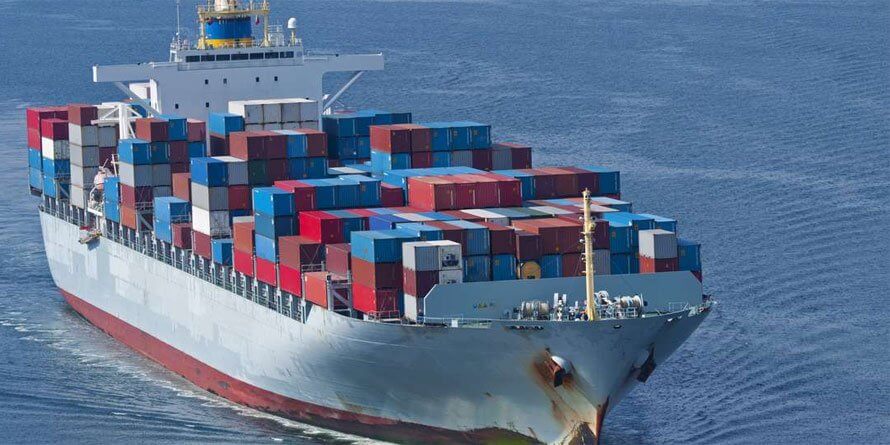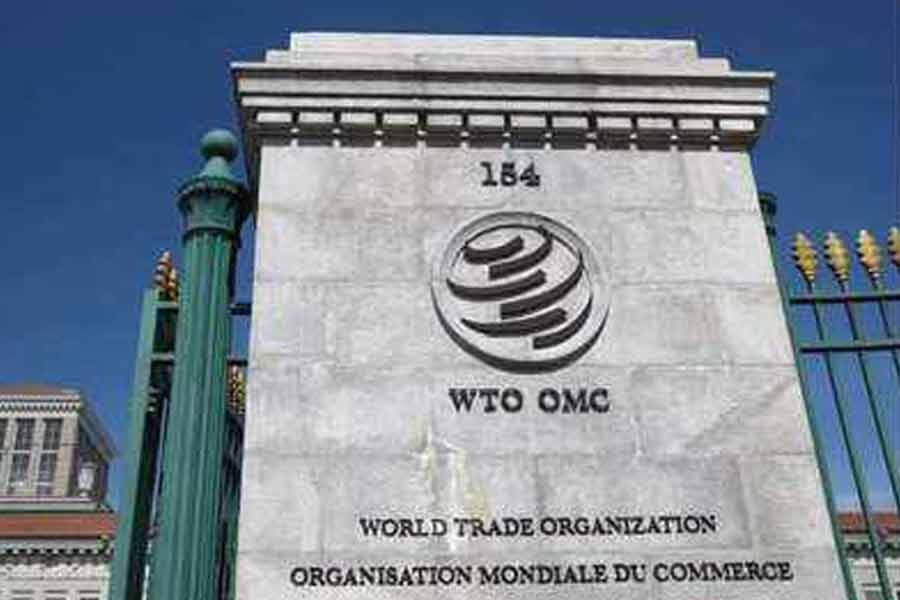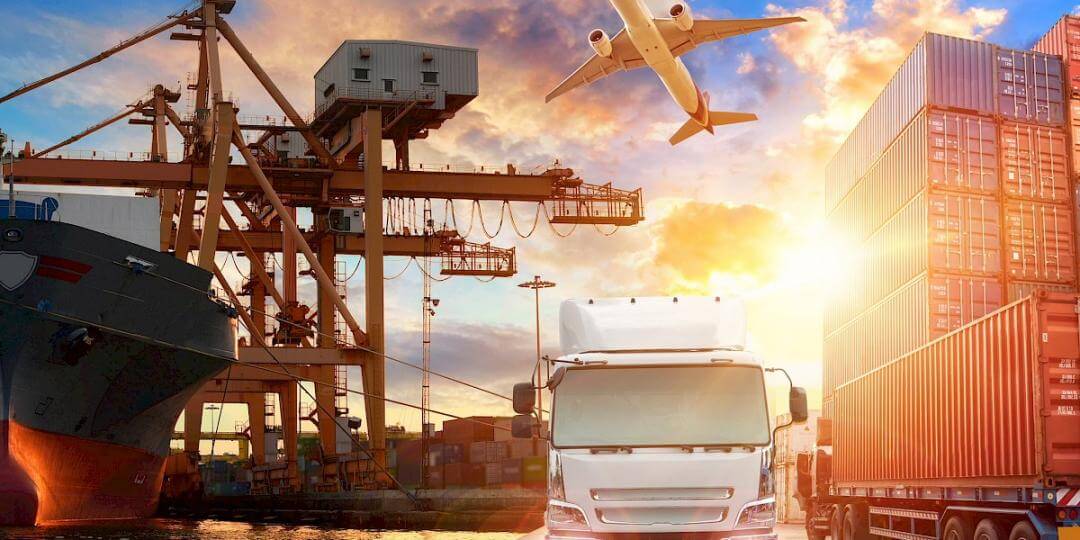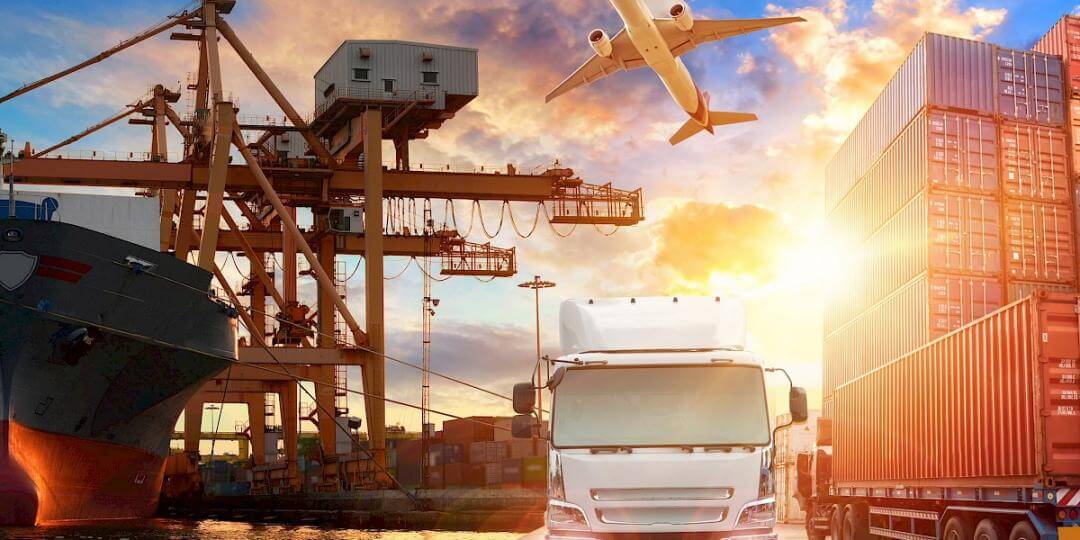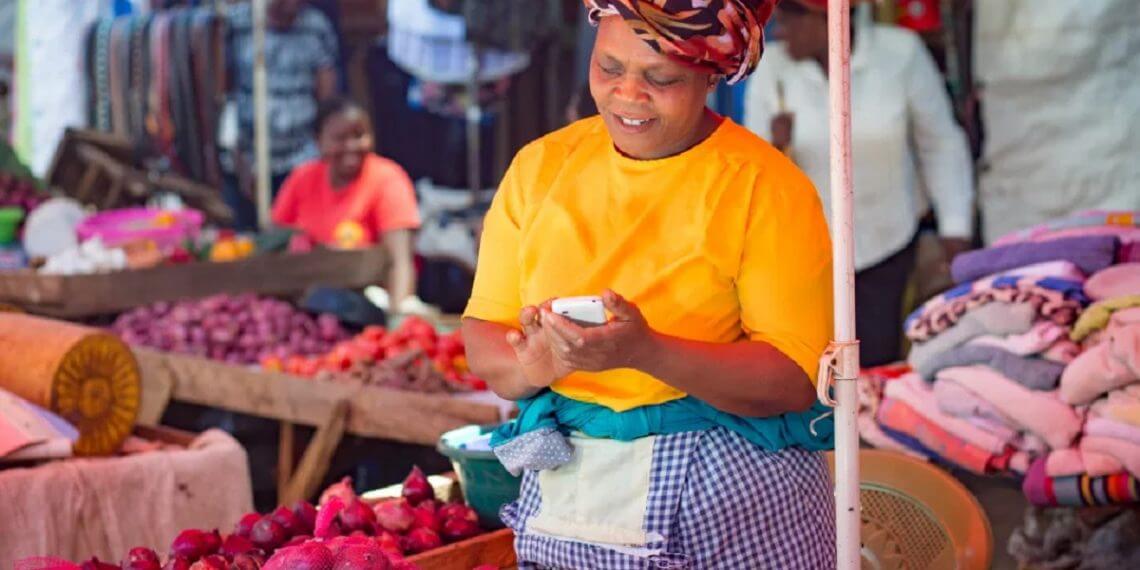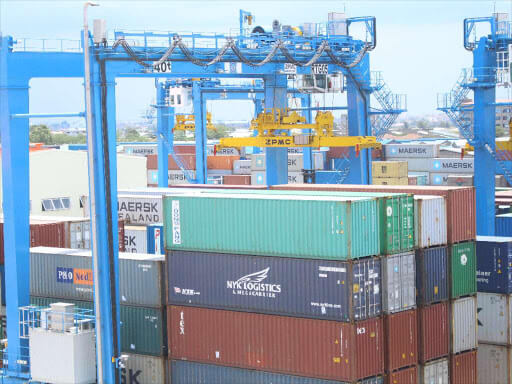SUMMARY Kenya’s expenditure on imports in July rose 14 per cent month-on-month to Sh138.76 billion, signalling increased trade activity in the economy as countries continue to ease measures put in place to reduce the spread of Covid-19. Data from the Kenya National Bureau of Statistics (KNBS) also reveals a continuous increase in the country’s export earnings to Sh52 billion in July from a low of Sh43 billion April. July’s consumption of imported goods was the second-highest this year after January’s Sh155 billion. The country’s import bill fell to a low of Sh108 billion in May as a result of the pandemic. Kenya’s expenditure on imports in July rose 14 per cent month-on-month to Sh138.76 billion, signalling increased trade activity in the economy as countries continue to ease measures put in place to reduce the spread of Covid-19. Data from the Kenya National Bureau of Statistics (KNBS) also reveals a continuous increase in the country’s export earnings to Sh52 billion in July from a low of Sh43 billion April. July’s consumption of imported goods was the second highest this year after January’s Sh155 billion. The country’s import bill fell to a low of Sh108 billion in May as a result of the pandemic. Consequently, due to the lower imports in the April to June period, the trade deficit for the first seven months of 2020 narrowed by 19.5 per cent to Sh546 billion from Sh678.9 billion reported over a similar period last year. At the onset of the pandemic global trade...
External trade rebounds on easing global restrictions
Posted on: September 9, 2020
Posted on: September 9, 2020

